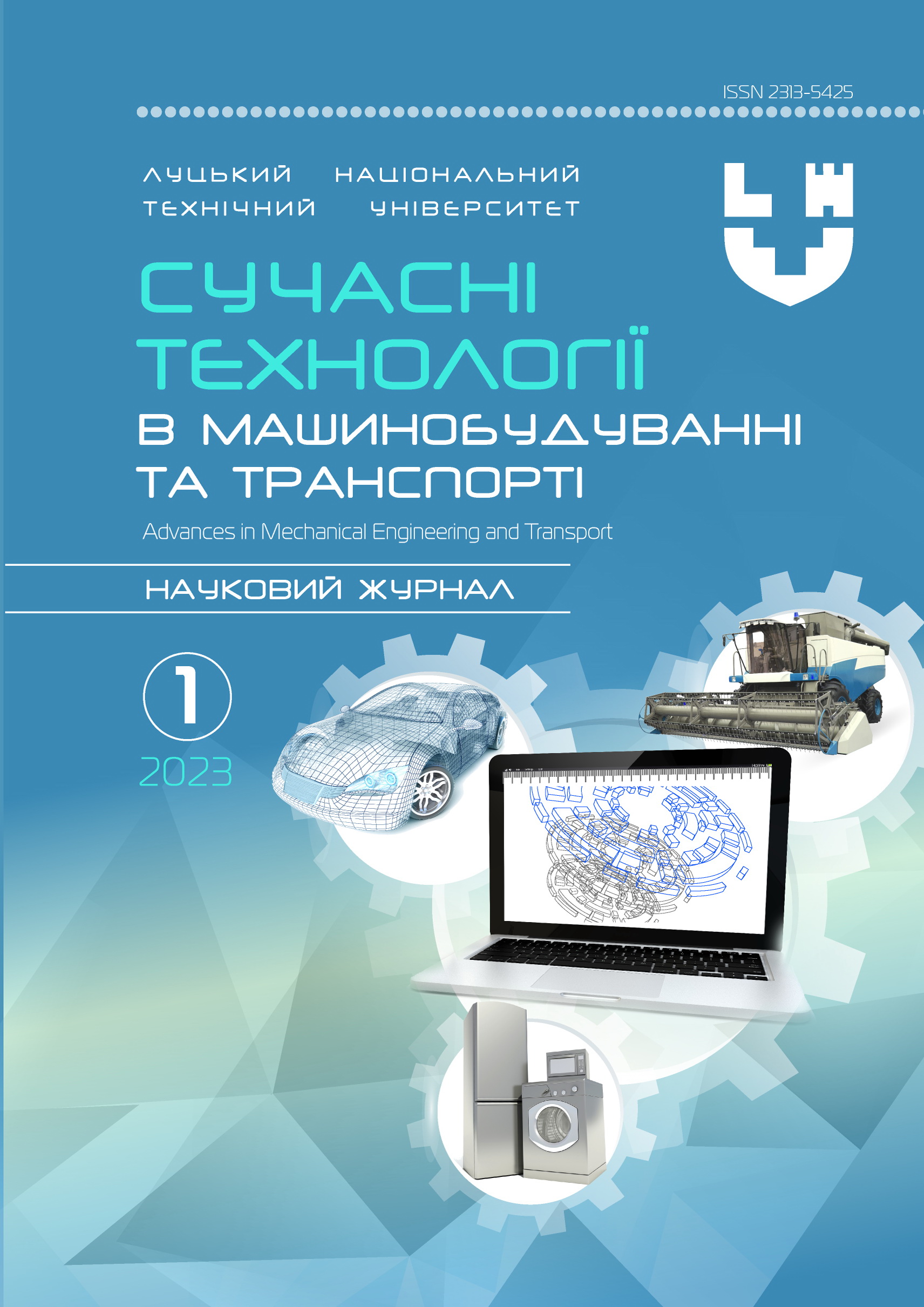DETERMINATION OF THE FUEL CONSUMPTION FOR A PASSENGER CAR THROUGH THE POWER AND SPEED ON IMITATION ROLLER STAND
Abstract
Fuel consumption is one of the indicators that characterize the operational properties of road vehicles. In this study, the main factors that affect on fuel consumption of vehicles during its operation were analyzed. Most operating conditions can be repeated on the roller stand.
The main mathematical methods that are used to calculate fuel consumption in road conditions and during bench tests were analyzed. It is indicated that for bench tests for fuel efficiency, it is important to correctly set and control the force on the vehicle wheels.
The paper proposes a mathematical model for determining fuel consumption, which the amount of fuel consumption is calculated through the load power mode and vehicle speed. The calculation method is based on obtaining the efficiency of: indicator, mechanical, transmission and wheels, from which the overall vehicle efficiency was obtained. The table shows the results of calculating fuel consumption, wheel power and overall efficiency, as well as its constituent components. All parameters were defined for variable vehicle speed.
A general algorithm and results of calculating fuel consumption in road conditions and on a roller stand with different power on wheels were given. The results of experimental studies were presented, where the fuel consumption was determined for cars of the VAZ brand. Fuel consumption increases in the range of 6 to 11 l/100 km if the wheel power varies in the range of 7 to 21 kW. This is in good agreement with the data calculated in the same range of parameters. Calculations show an increase in fuel consumption if the power is reduced from 5 kW and below. This can be explained by the fact that in this mode the vehicle moves in low gears of the gearbox. It was not possible to repeat this mode during the experiment.
General conclusions and directions for further research were formulated.
Key words: car, fuel consumption, a roller dynamometer, mode of load, mode of speed, efficiency.




